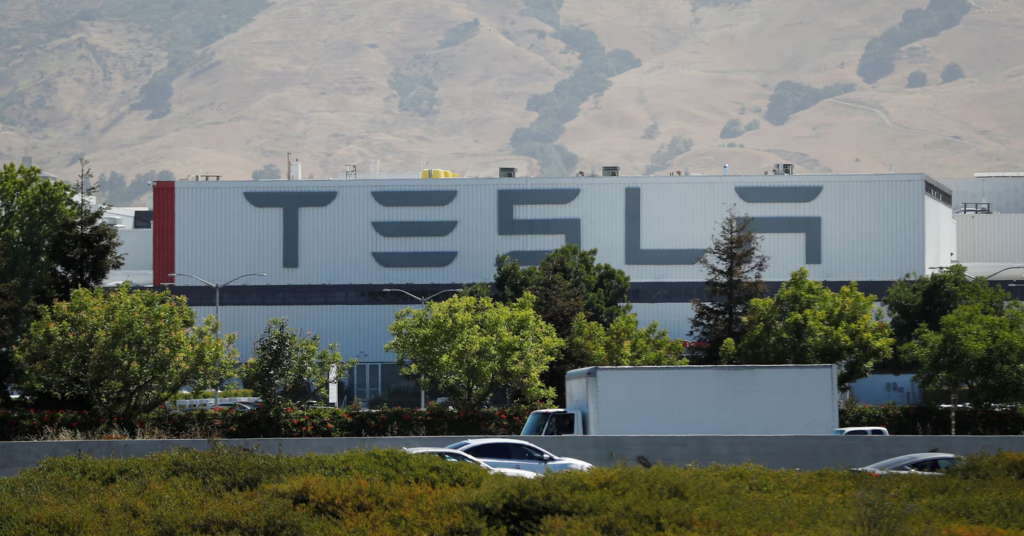Tesla is implementing significant workforce reductions, slashing over 10% of its positions, amounting to at least 14,000 jobs. This move is a reaction to decreasing demand and mounting pricing pressures. Elon Musk, the CEO, described the layoffs as “the difficult decision” in a memo that Elektrek initially reported. The company currently has a workforce of 140,473 employees as per its annual report.
Musk noted that Tesla had expanded quickly in recent years, leading to the redundancy of roles and functions in some areas. He expressed regret about the layoffs, stating, “There is nothing I hate more, but it must be done. This will enable us to be lean, innovative and hungry for the next growth phase cycle.”

These changes come after Tesla experienced a challenging start to the year. The company reported around 387,000 vehicle deliveries in the first quarter of 2024, falling short of market expectations by 13% and marking its first decline in nearly four years. Contributing factors to the lower figures included unexpected production issues, such as attacks on shipping routes in the Red Sea and an arson incident at its Berlin factory, alongside a general decline in global demand.
In response to comments about the potential impact of his controversial public persona on sales, Musk referred to similar performance issues at BYD, a Chinese competitor, dismissing these concerns by remarking on the universally tough quarter.
Ross Gerber, CEO of Gerber Kawasaki and a vocal critic of Musk, interpreted the job cuts as “proof of the true cost of the damage to the brand as Tesla sales fall in a strong economy.” Gerber, whose firm holds a minor stake in Tesla, also remarked, “No doubt the combination of a lack of advertising, real competition, and a toxic CEO is a bad mix.”
Tesla is also taking measures to improve its margins, which have suffered due to frequent price reductions, particularly in China where it faces severe competition from companies like BYD, which briefly surpassed Tesla as the leading global electric vehicle manufacturer in late 2023, and new market entrant Xiaomi. The company’s gross profit margin dropped to 17.6% in the last quarter of the previous year, the lowest in over four years.
Automotive industry analyst Matthias Schmidt commented that the job reductions are indicative of “the slowing pace of growth of an electric car market, which it appears Tesla isn’t immune from.” Tesla’s stock fell by 3.5% in early trading on Monday to $165, down from $171.05, decreasing its market capitalization by about $19 billion to $525 billion, from $544 billion at the previous week’s close. Since the beginning of the year, Tesla has seen a third of its value eroded.
Tesla operates manufacturing facilities in California, Nevada, New York, and Texas in the US, and also has plants in Germany and China.
In related industry news, Reuters disclosed that BP had eliminated over 100 jobs in its electric vehicle charging sector, equating to more than a tenth of that workforce. The company is withdrawing from several markets following unsuccessful forecasts about the rapid expansion of commercial electric vehicle fleets. BP stated that these changes in its Pulse unit are “a step towards ensuring that we can execute our goals with even greater precision and effectiveness.”





